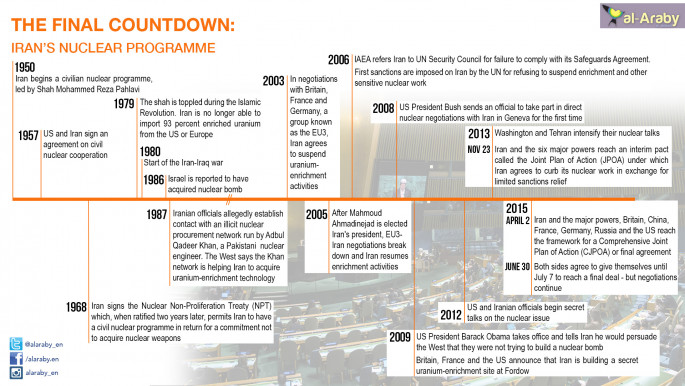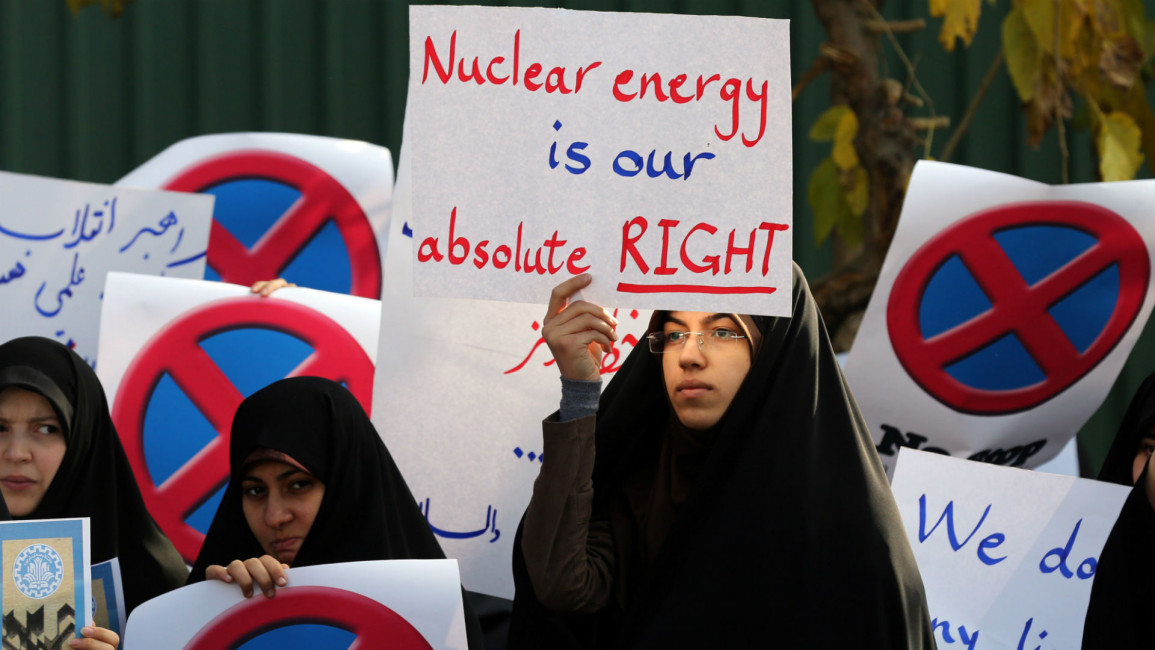Iran 'performed work' on building nuclear weapons, says UN
Iran did indeed work on developing nuclear weapons in the past, the UN's nuclear watchdog has revealed.
Tehran has consistently denied any interest in developing nuclear weapons, citing a fatwa issued by Supreme Leader Ayatolloh Ali Khamenei, which described weapons of mass destruction as "forbidden" in Islam.
But after nearly a decade of investigation, the International Atomic Energy Agency (IAEA) report, published on Wednesday, appears to have confirmed US suspicions about the nature of Tehran's nuclear programme.
|
|
| Many commentators reacted to the news with scorn |
"[The agency] assesses that a range of activities relevant to the development of a nuclear explosive device were conducted in Iran prior to the end of 2003 as a coordinated effort, and some activities took place" up to 2009, the report read.
However, the report said this was restricted to "feasibility and scientific studies" that stopped short of the advanced development of such weapons.
Tehran has long said that religious edicts were proof that its intentions were to achieve peaceful, civilian nuclear power. Its claims were always met with caution - and rejection - by hostile powers such as the United States and Israel.
Iranian officials have said the IAEA report proves it never had intentions of developing warheads.
Abbas Araqhchi, Deputy Foreign Minister, told Iranian television that the report "confirms the peaceful nature" of Iran's nuclear programme.
No previous report by the agency has so clearly linked Iran's past nuclear work to weapons development, said the Associated Press.
The decision of whether the case should now be closed lies with the United States and other leading nations represented on the IAEA's 35-nation board, the next meeting of which has been set for December 15.
The landmark nuclear deal agreed this year is still expected to go ahead, allowing international sanctions to be lifted on Iran.
A key condition for this is that Tehran must cut nuclear technologies that could be used in the future to build nuclear weapons.
President Hassan Rouhani has made the ending of sanctions one of his administration's main priorities, and will be keen to see the UN case closed.
But one long-time foe that still appears determined to step in the way of a nuclear agreement is Israel.
Prime Minister Binyamin Netanyahu has urged the IAEA "continue to deepen the investigation", saying Iran's past work on its nuclear programme was relevant to its future intentions.
 |
| [Click to enlarge] |



